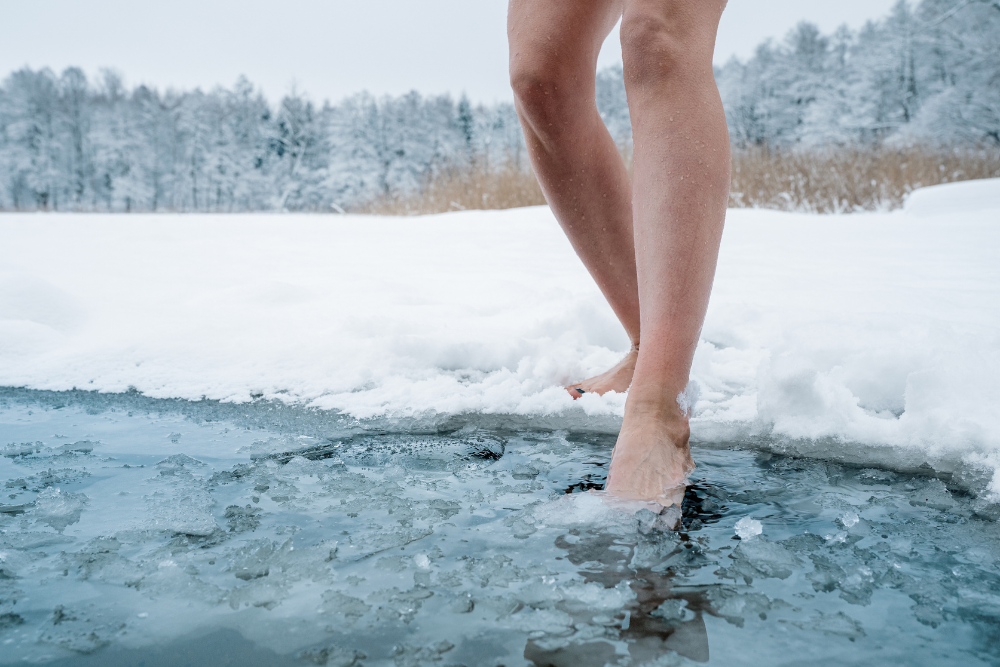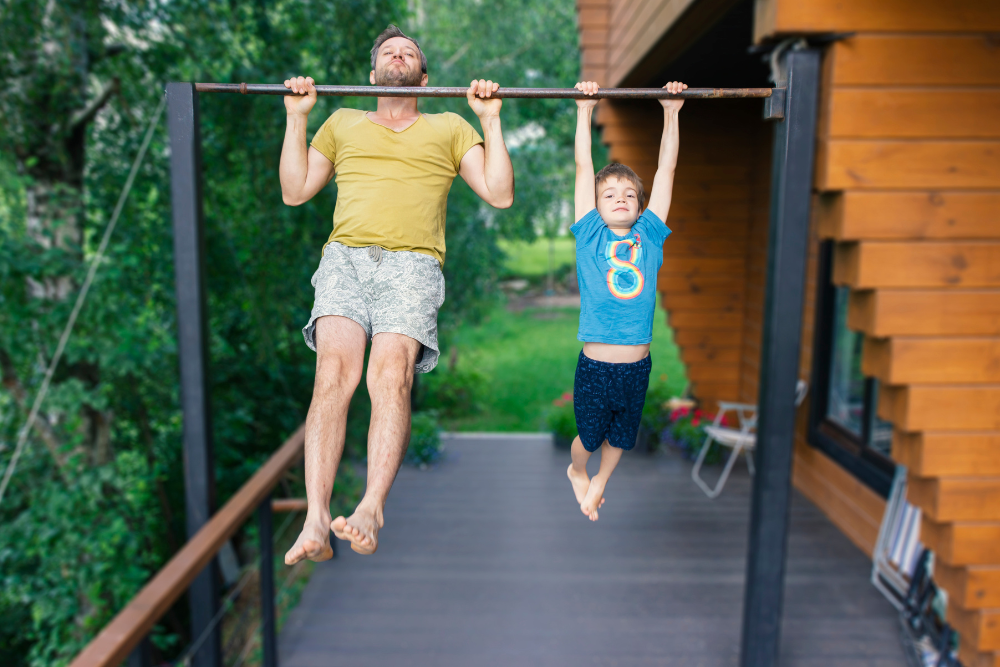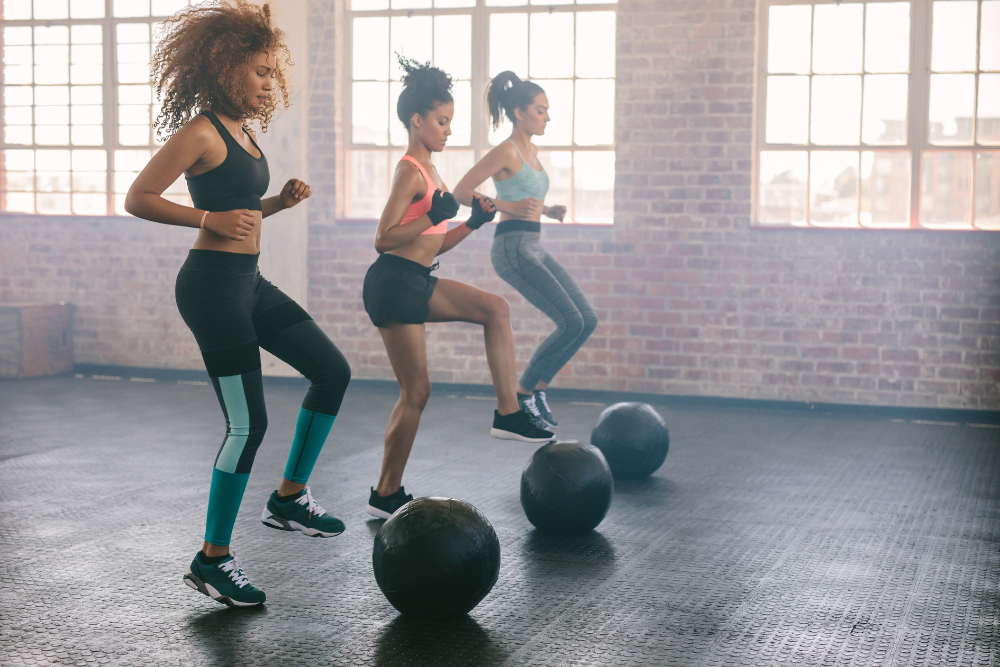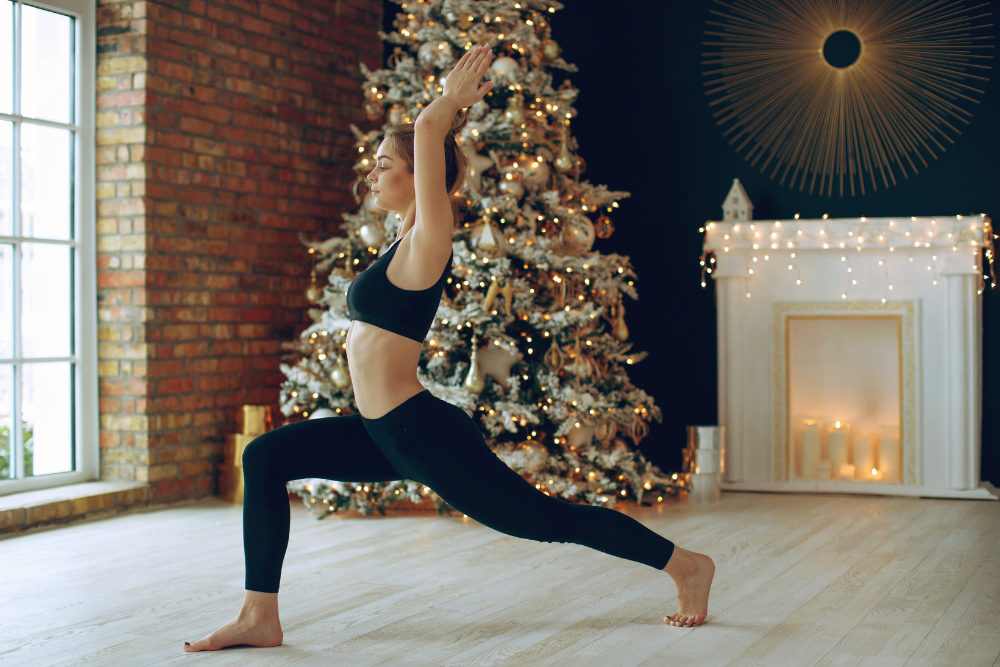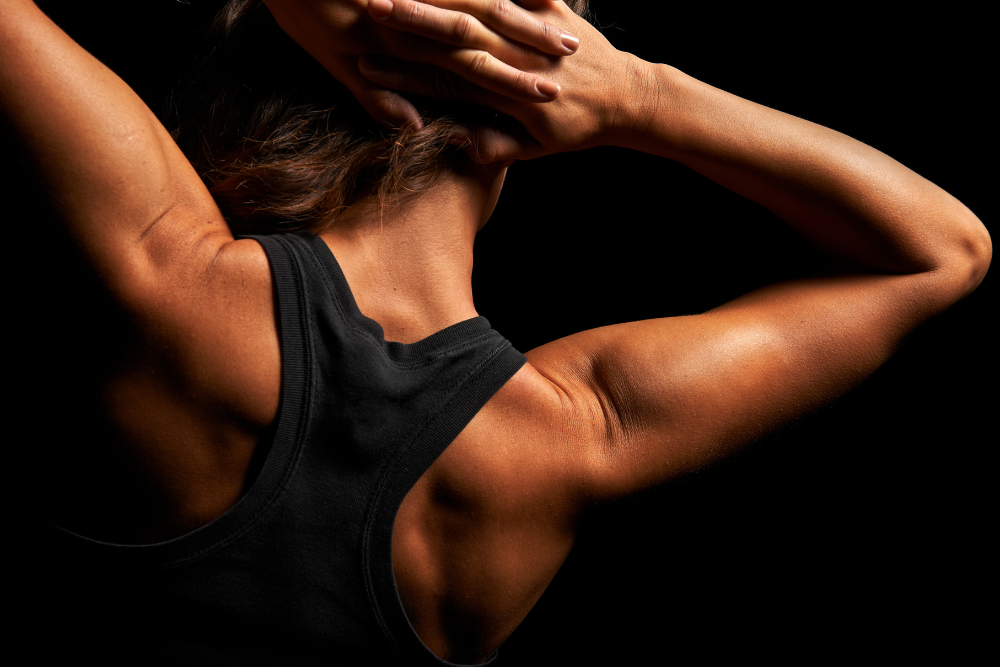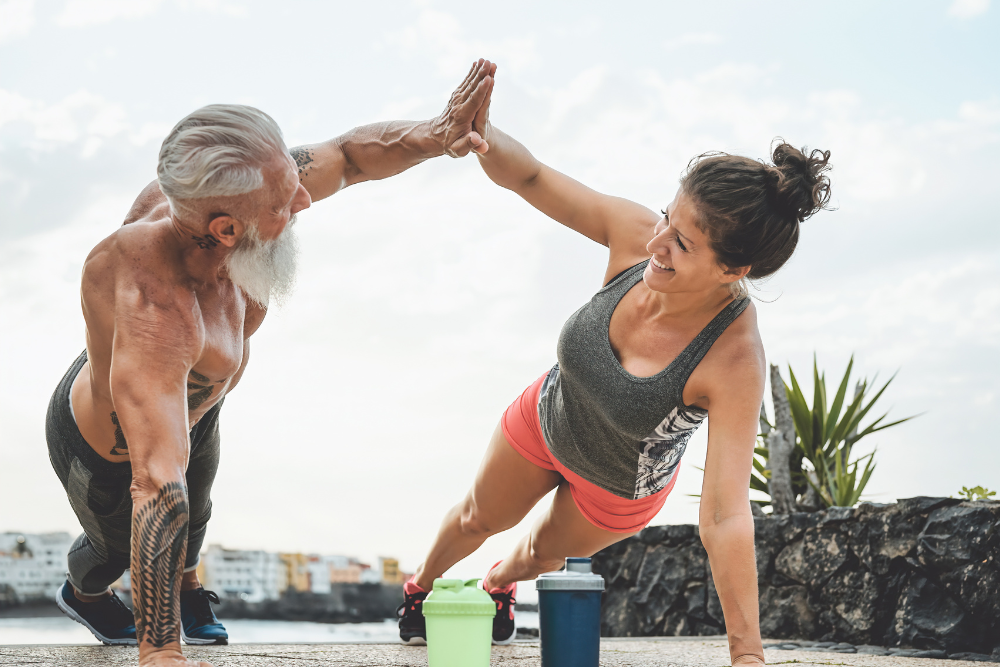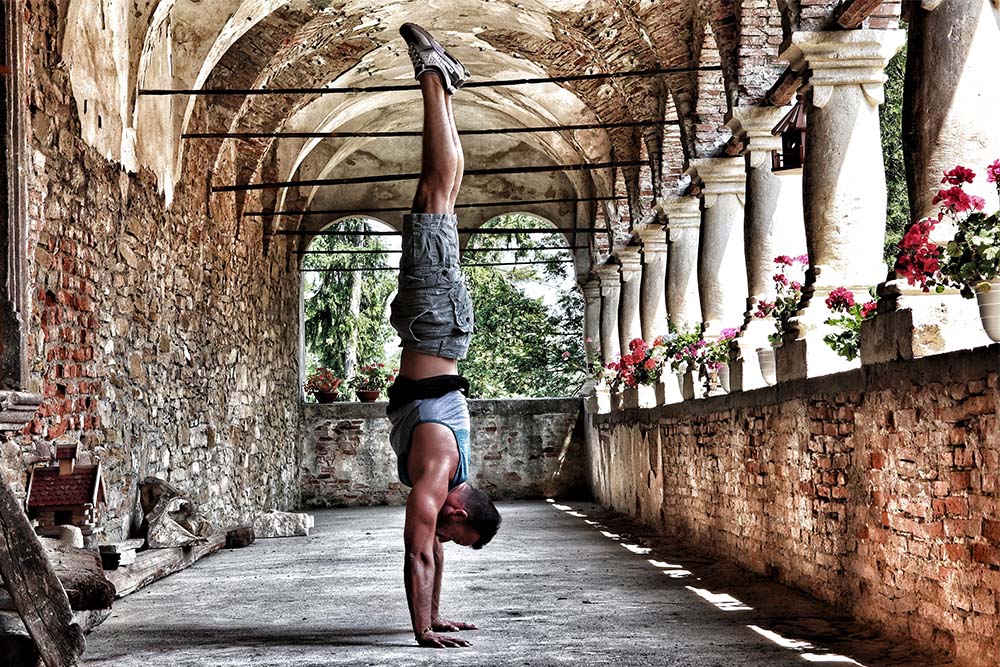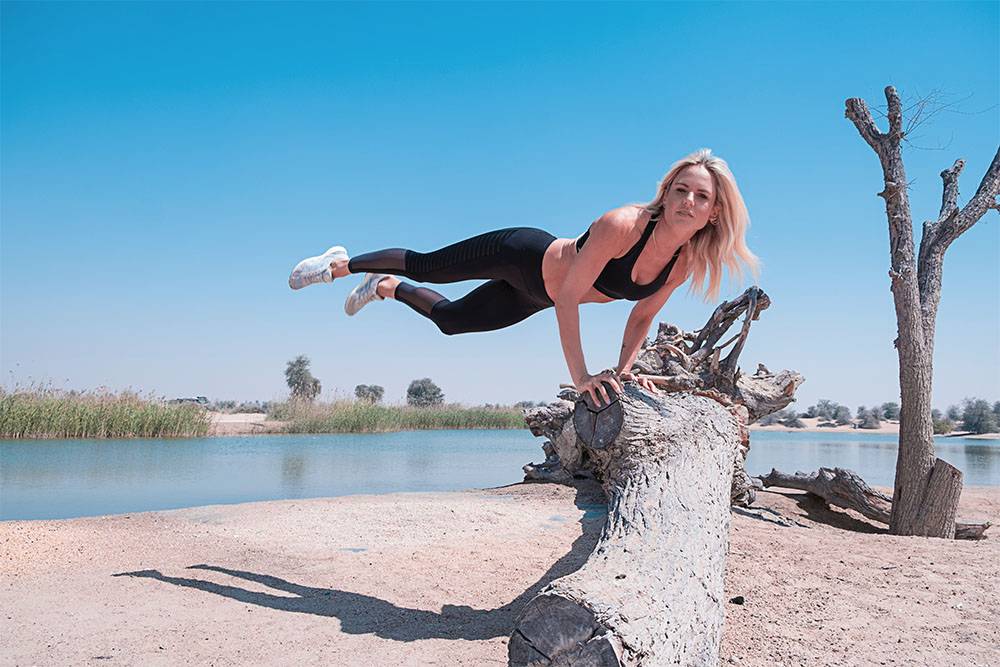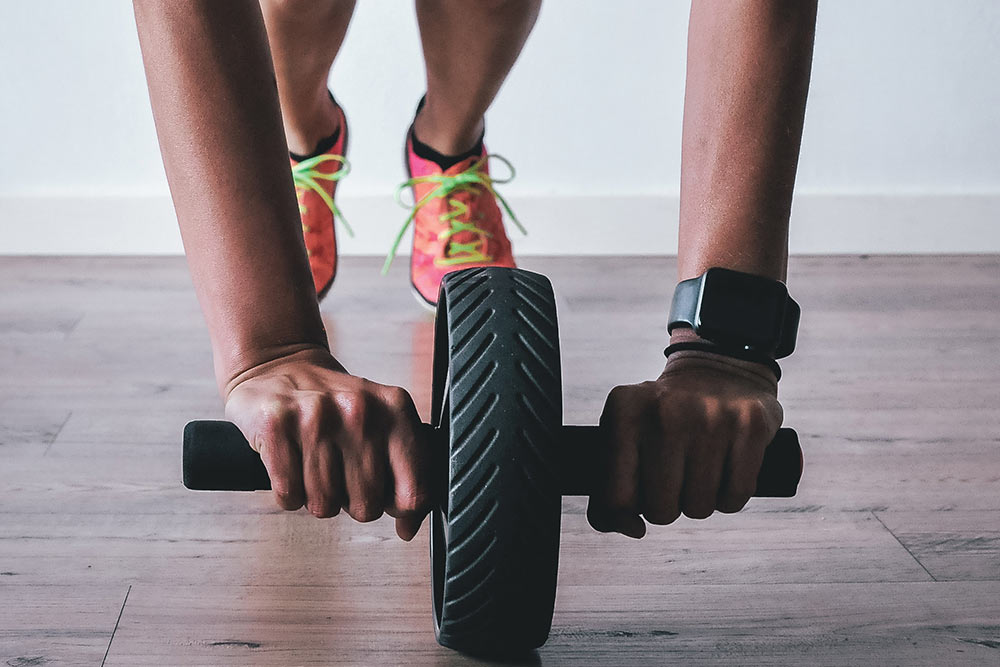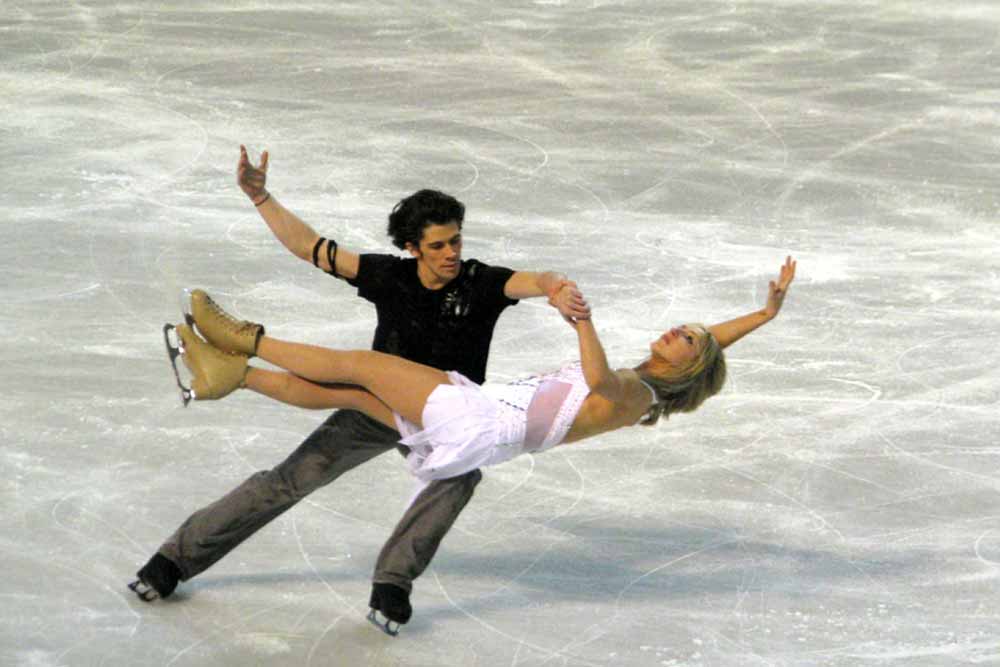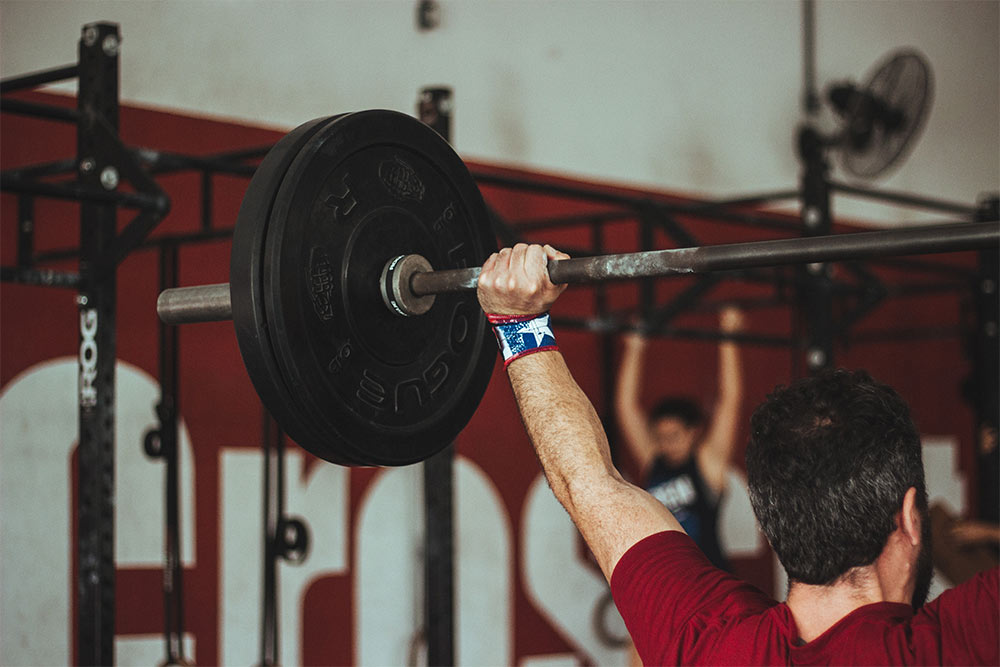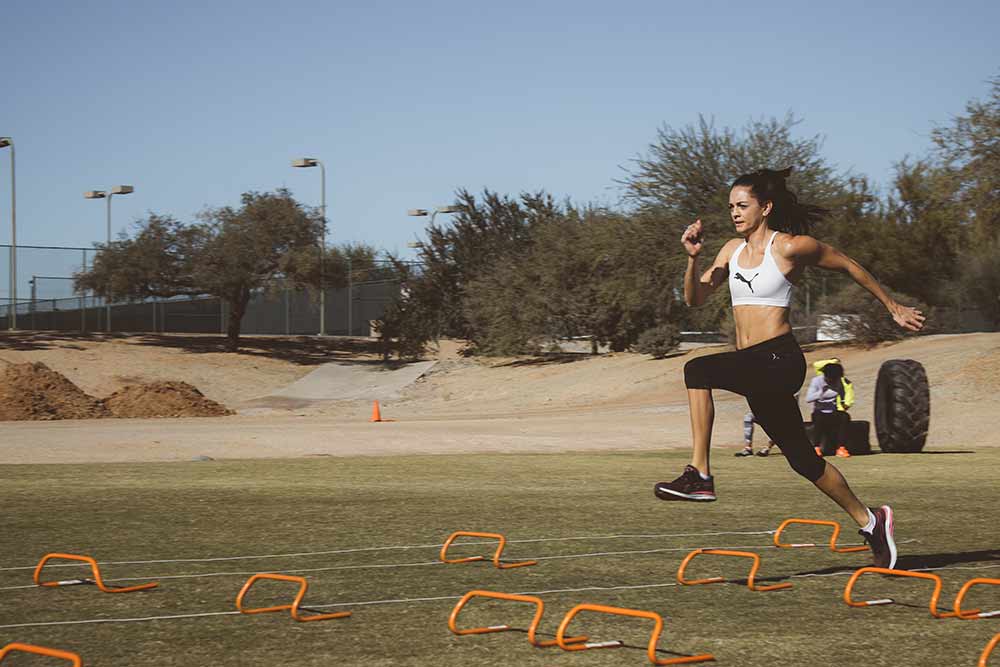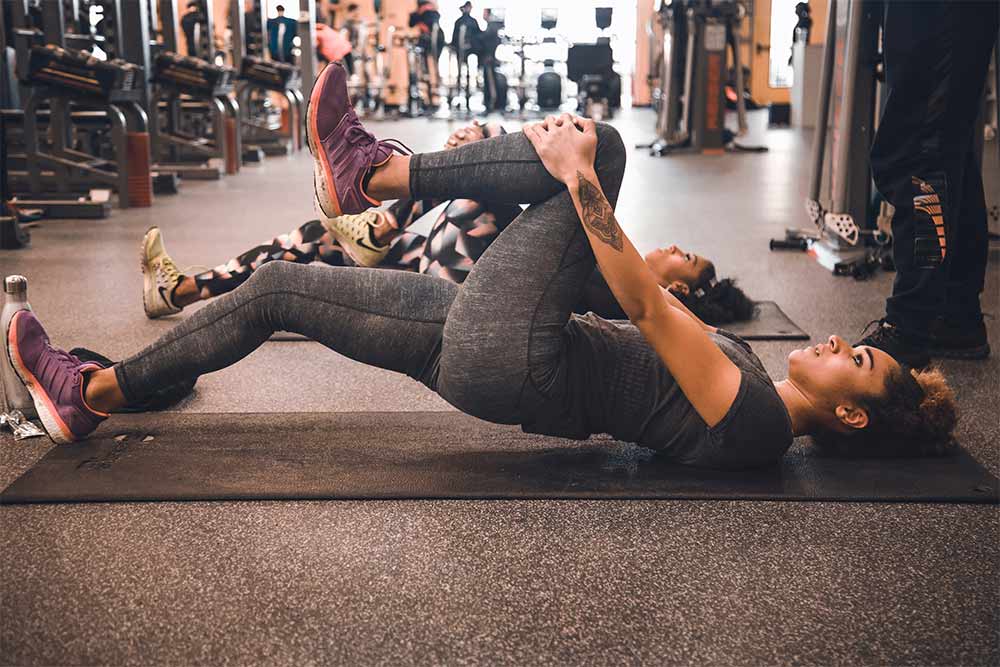4 Ways to Overcome Sports Performance Anxiety
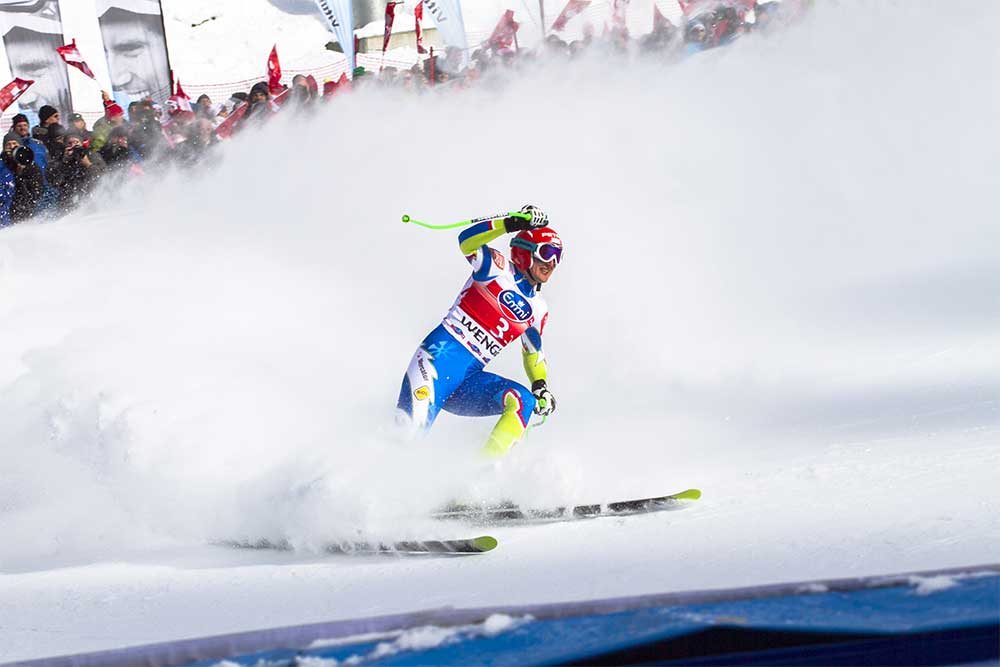
Alyssa Bialowas
 Competition anxiety is common in athletes, especially if they struggle to deliver performance. It’s the feeling of stress and pressure right before a competition that can be harmful to athletes and if it’s bad enough, can even lead to an athlete dropping out of a competition altogether. With the high amount of pressure placed on competitive athletes to perform well and win, it’s no surprise that many fall into an anxious state right before it’s time to compete.
Competition anxiety is common in athletes, especially if they struggle to deliver performance. It’s the feeling of stress and pressure right before a competition that can be harmful to athletes and if it’s bad enough, can even lead to an athlete dropping out of a competition altogether. With the high amount of pressure placed on competitive athletes to perform well and win, it’s no surprise that many fall into an anxious state right before it’s time to compete.
On top of the intense pressure to perform, some other reasons for competition anxiety are: The pressure of being observed, expectations from themselves, their parents and their coaches, the fear of failure, and too long of a taper before a competition. Whatever the reason is, it’s important to get performance anxiety under control so athletes can perform with less stress and ultimately, to their best ability. This article will outline how to get over performance anxiety.
Signs of Performance Anxiety
- Fast breathing
- Elevated heart rate
- Sweating
- Butterflies in the stomach
- Muscular tension
- Negative self-talk
- Poor concentration
- Nausea/vomiting
- Feelings of weakness
How to Overcome Performance Anxiety
Psychological intervention, performed by sport psychologists, can have a positive effect on performance enhancement and the personal growth of athletes. If done successfully, it can reduce competition anxiety so the athlete isn’t so nervous before they compete.
There are a few techniques sport psychologists use to help athletes manage competitive stress and anxiety. Here are 4 of the most popular types of psychological intervention to reduce competition anxiety.
Related Article: Competition Anxiety & Its Effect On Heart Rate In Swimmers
1. Relaxation Training
There are numerous routines and types of training that help the body relax, including yoga, meditation, breathing exercises and Pilates. The music and movements in these relaxation training can help ease anxiety in the build-up to competitions. You learn proper breathing techniques as well as how to let go of negative thoughts and focus on being in the moment, which is key for enhanced performance. Even a few minutes per day or an extended period of time before the competition of practiced relaxation breathing can make a big difference. Yoga poses before the competition can help with relaxation – just make sure to do gentle poses to not overstretch or pull a muscle before the competition.
Related Article: The Surprising Benefits Of Meditation
2. Thought Stopping
Thought stopping is the process of stopping a negative thought in its tracks and replacing it with a positive one. For example, let’s say there’s a competitive swimmer who has heightened anxiety because she’s going up against a swimmer who beat her time in the last competition. When she starts thinking “I don’t want to race, she already beat me last time”, she trains herself to dismiss the thought as soon as she notices it, replacing it with a positive thought such as “This is my race today! I’m going to rock it!”
3. Labeling
Labeling is getting the athlete to recognize certain thoughts and feelings, so those negative ones can be associated with a positive outcome. An increased heart rate is a common symptom of competition anxiety, so when that happens, the athlete can label it as their body getting ready for the competition rather than being in an anxious state. If anxious feelings or thoughts can be linked to normal pre-competition responses, it can help their performance and mentality.
4. Deep Breathing
Breathing exercises can help the athlete relax and prepare for a competition with decreased stress and anxiety. Deep breathing needs to be practiced over time for it to work effectively, but can increase levels of oxygen in the blood to aid the working muscles. To enhance deep breathing, the athlete should also visualize their best performance and try to recall the physical effects on their body during that time to get them in a healthy state of mind for the competition.
Medications to Overcome Performance Anxiety
Some medications and dietary changes may be able to help performance anxiety. Keep in mind that a healthy diet, plenty of sleep, and exercise should help overcome performance anxiety. Also, food that eases the stomach such as complex high-carb foods such as rice, bread, and pasta is a good option. Limit caffeine intake and sugar intake as that can make you even more jittery. Beta-blocker medications such as propranolol (Inderal and generic), as well as pindolol (Visken and generic); acebutolol (Sectral and generic); and atenolol (Tenormin and generic) are said to help overcome performance anxiety. These drugs are used to treat high blood pressure, tremors, heart conditions, heart attacks and migraines. These beta blockers may help reduce the fight-or-flight response in our bodies and ease adrenaline.
Positives to Competitive Anxiety
Overcoming competitive anxiety can be a challenge but don’t beat yourself up too much. Sometimes competitive anxiety can be used to your advantage. When you are experiencing competitive anxiety your body raises its level of the “fight-or-flight” hormones and continues to release them for 20-60 minutes after the “threat” is gone. Your body will increase your heart rate and respiration rate in order to fuel the body to respond to the danger. This can come in handy especially during a sport such as sprinting. Another body change during the “fight-or-flight” response is dilated pupils. This allows more light into your eyes and better vision of your surroundings which could come in handy during a tennis match where alertness is key to performance. I bet we can all recall a time where the nerves going into a sports event boosted our performance.
Some or all athletes have experienced competition anxiety in their lifetime. If these solutions do not help, seeing a sports psychologist may be a better option to boost the usefulness of these suggestions. A more severe form of competition anxiety can be associated with social anxiety disorder (SAD). If your symptoms are getting worse consider speaking to your doctor or a mental health specialist to get “back in the game.”
Related Article: What Is Conscious Breathing?
You Might Like:

